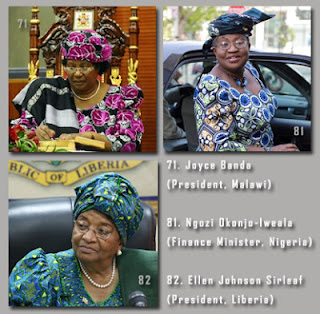…these words were imparted by Prince Wilfred Tembe as the
2011 theme for the annual uMthayi Festival (Amarula Festival) which is held at KwaNgwanase in
Maputoland by the Tembe nation (north of KwaZulu Natal).
After listening to a bolstering and informative show called
Isintu Sami (my culture) on Gagasi FM my mind tried to paste a collage of what
goes on at this uMthayi Festival. If anybody mentions Amarula I instantly think
of the Amarula cream liqueur…well, this is until I heard Inkosi Tembe on IsintuSami.
‘Umthayi is a collective word defining a queue of women carrying
traditional amarula beer (amaganu beer) in calabash and other containers to their king...’
Sithembiso Shangase (Isintu Sam show host)
It’s a very spiritual and sacred ceremony rather than an
event. Inkosi Tembe relates to the ceremony as a prayer to their ancestors – a
thanksgiving of the harvesting of the amaganu fruit.  |
| Amabutho fetching the king - Inkosi Tembe |
Led by the king’s mother, the women carrying the traditional amarula beer hand over the beer to the king and he takes the first sip before declaring it open for the nation to consume. In many African cultures including this Nguni clan, rain is embraced as a symbol of good fortune and what I experienced at the ceremony gave me goose bumps… with clear skies above us it started to rain in the blazing heat as the women kneeled down to pour the beer for Inkosi Tembe and it stopped a few seconds later when the king had taken his sip… (In the king’s ‘thank you’ speech he mentioned that the rain was a sign that the prayers had reached the ancestors).
 |
| Inkosi Tembe about to take his sip |
There are numerous economic empowerment projects that have been implemented due to this ‘festival’ and others are in progress which also include the Tembe nation’s immediate neighbouring countries, Mozambique and Swaziland. It seems Inkosi Tembe is a visionary leader, and with the assistance of government they are currently doing feasibility studies for building a brewery and other Amarula fruit related business ventures.
 |
| the queen of the Ndebele nation (left) & the queen of the Zulu nation (right) |
 |
| Some of the entertainment - accompanying the Swaziland royal house |
See you at the uMthayi Festival next year –Umvelinqangi mayevumile!
















